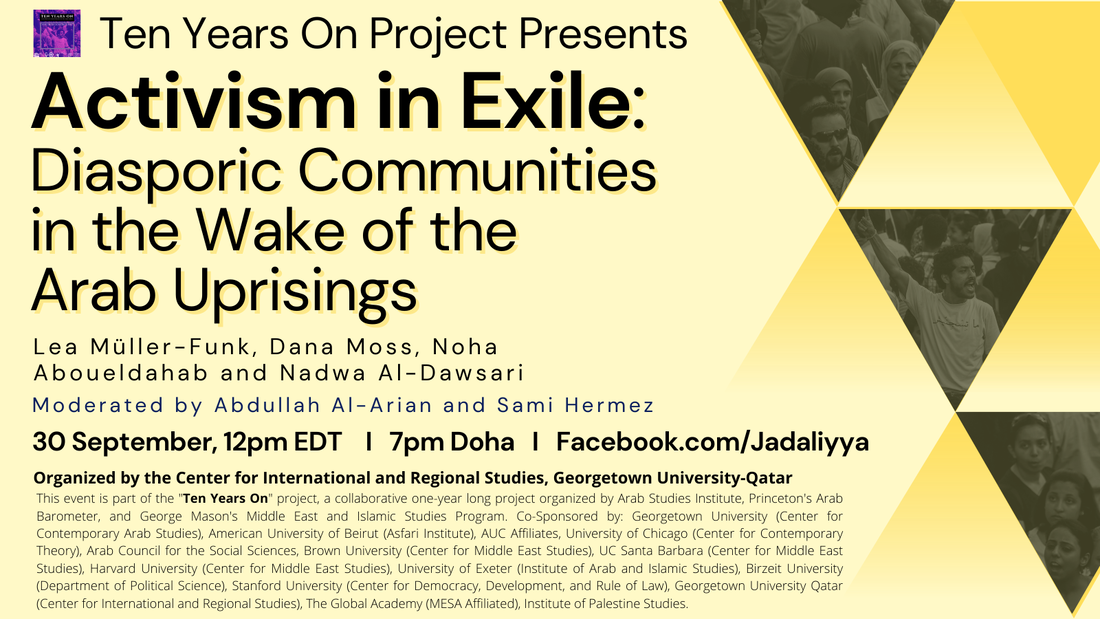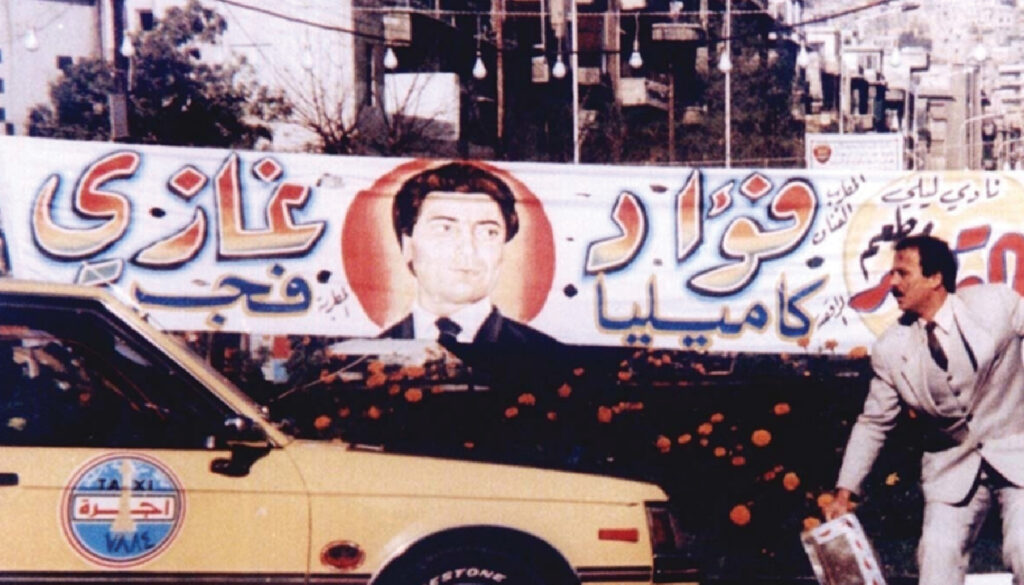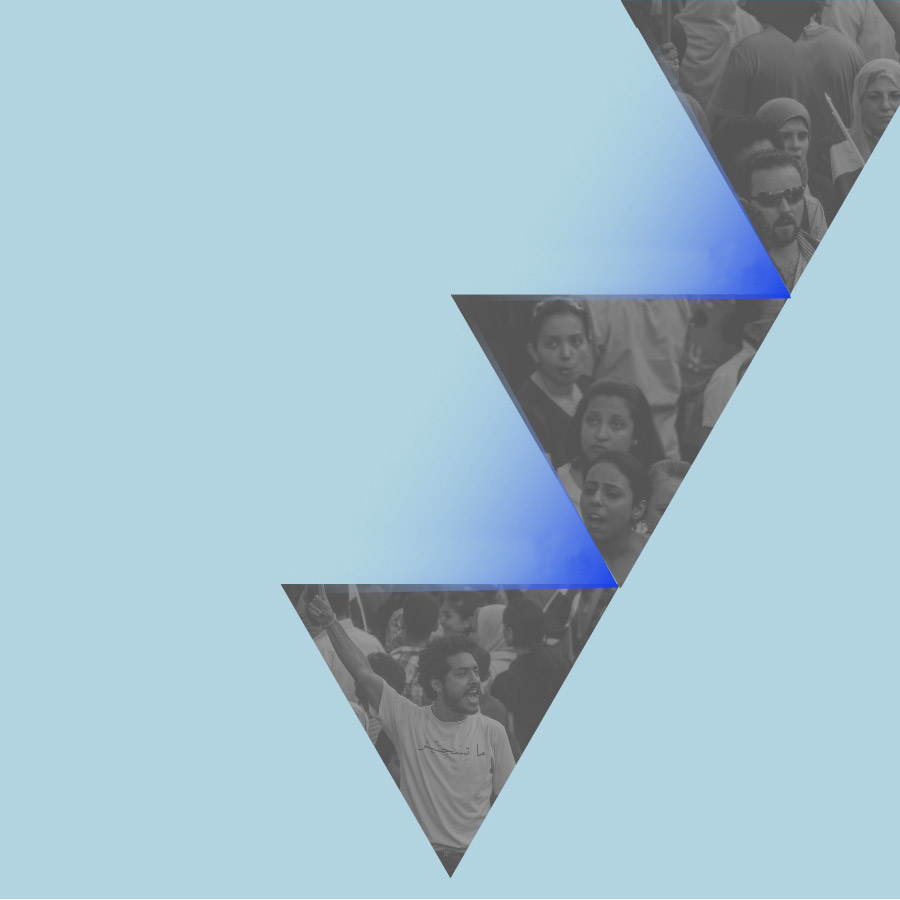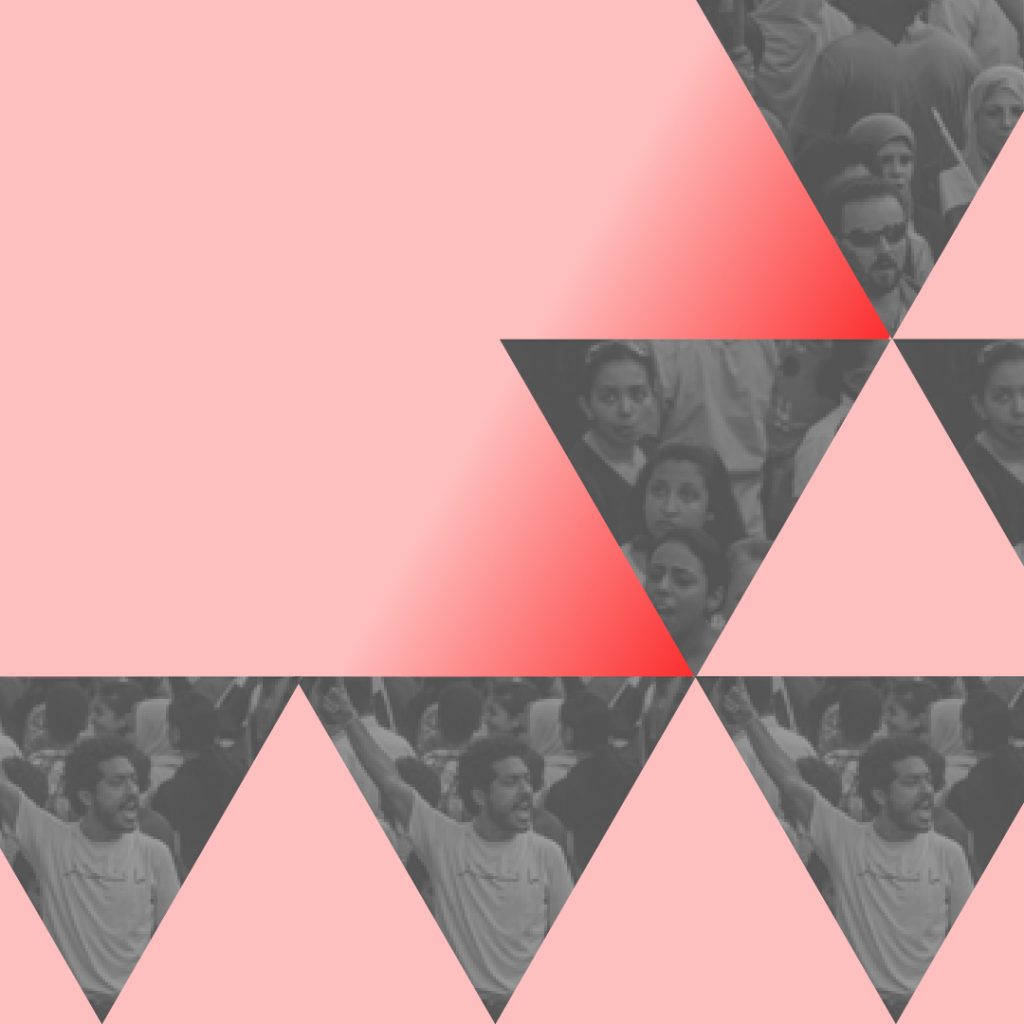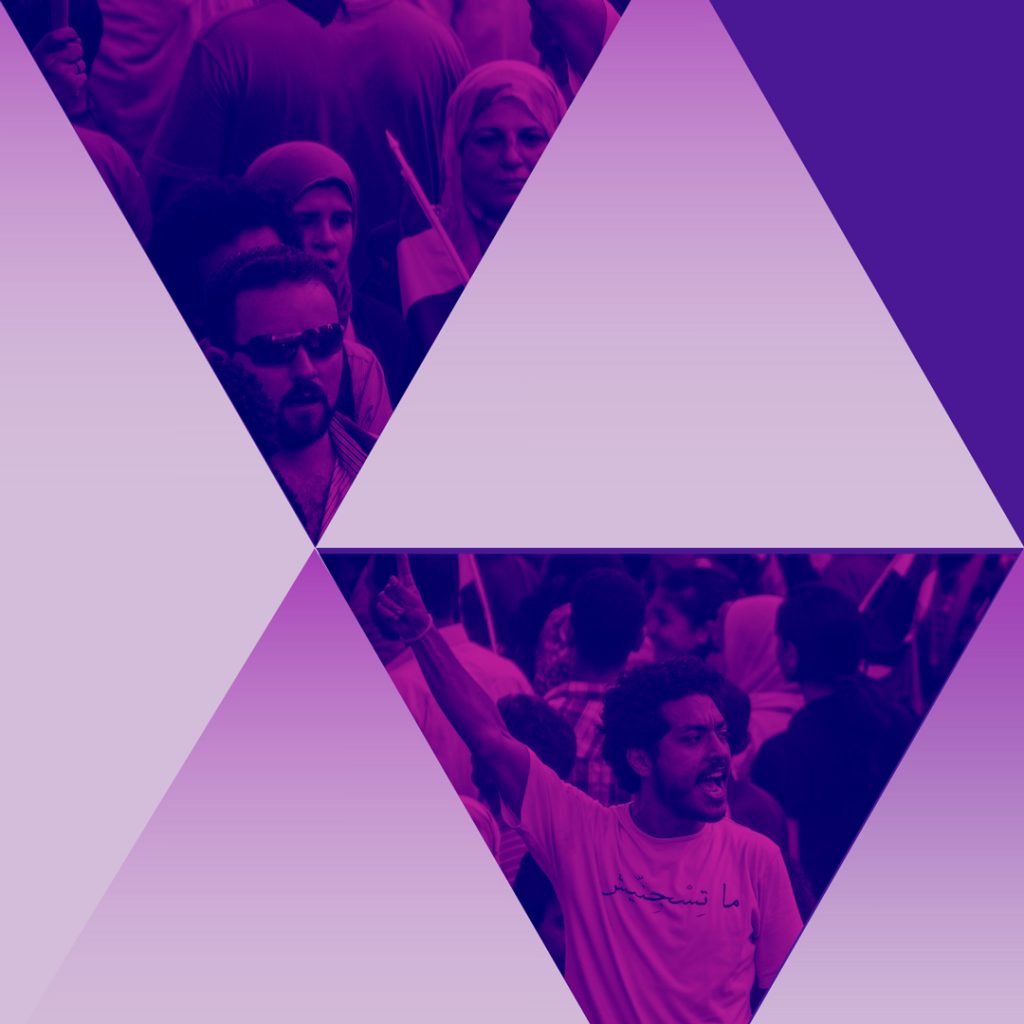Categories
Ten Years On: Activism in Exile
Thursday, September 30, 2021, 11:00am CTThis virtual event can be streamed live on Jadaliyya’s Facebook page.
The Arab uprisings, which saw the mobilization of millions of citizens across the Middle East and North Africa, produced new exiled communities at a massive scale. Refugees made their way to countries all over the world, escaping economic pressures, political repression and state violence. This panel of scholars, activists, and practitioners seeks to explore the demography of these recent diasporas, their forms of community organization, and modes of political mobilization. Among other things, this panel asks what is “new” about these recently formed exiled communities, especially in light of the historical legacies of political organization by diaspora communities since the latter half of the twentieth century. The panel also seeks to explore the role of the state in two contexts. How do local political and socioeconomic conditions in the host states as well as the changing contours of authoritarianism in the countries of origin impact the forms of mobilization that these communities have pursued in recent years? Other themes to be explored include changing notions of political agency and citizenship rights, the role of transnational networks and civil society organizations, the impact of digital communication technologies, transformations in youth culture among exiled communities, and identifying new ideological and intellectual trends within diaspora communities.
Panelists include Noha Aboueldahab, Nadwa Al-Dawsari, Dana Moss, and Lea Müller-Funk. Abdullah Al-Arian and Sami Hermez moderate.
Organized by the Center for International and Regional Studies at Georgetown University in Qatar and the Arab Studies Institute.
Part of the Ten Years On: Mass Protests and Uprisings in the Arab World project, which is organized by the Arab Studies Institute, Princeton’s Arab Barometer, and George Mason’s Middle East and Islamic Studies Program, and co-sponsored by Georgetown University (Center for Contemporary Arab Studies), American University of Beirut (Asfari Institute), Arab Council for the Social Sciences, Brown University (Center for Middle East Studies), UC Santa Barbara (Center for Middle East Studies), Harvard University (Center for Middle East Studies), University of Exeter (Institute of Arab and Islamic Studies), Birzeit University (Department of Political Science), University of Chicago (Chicago Center for Contemporary Theory), Stanford University (Program on Arab Reform and Democracy, Stanford University), AUC Affiliates, Georgetown University (Qatar) Center For International And Regional Studies (CIRS), The Global Academy (MESA Affiliated), Institute of Palestine Studies.
